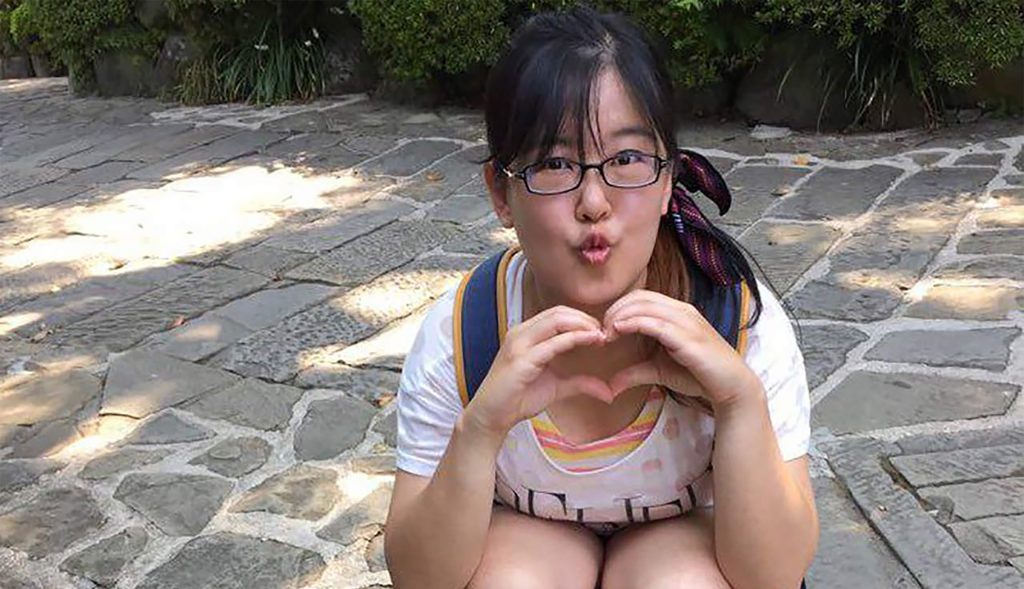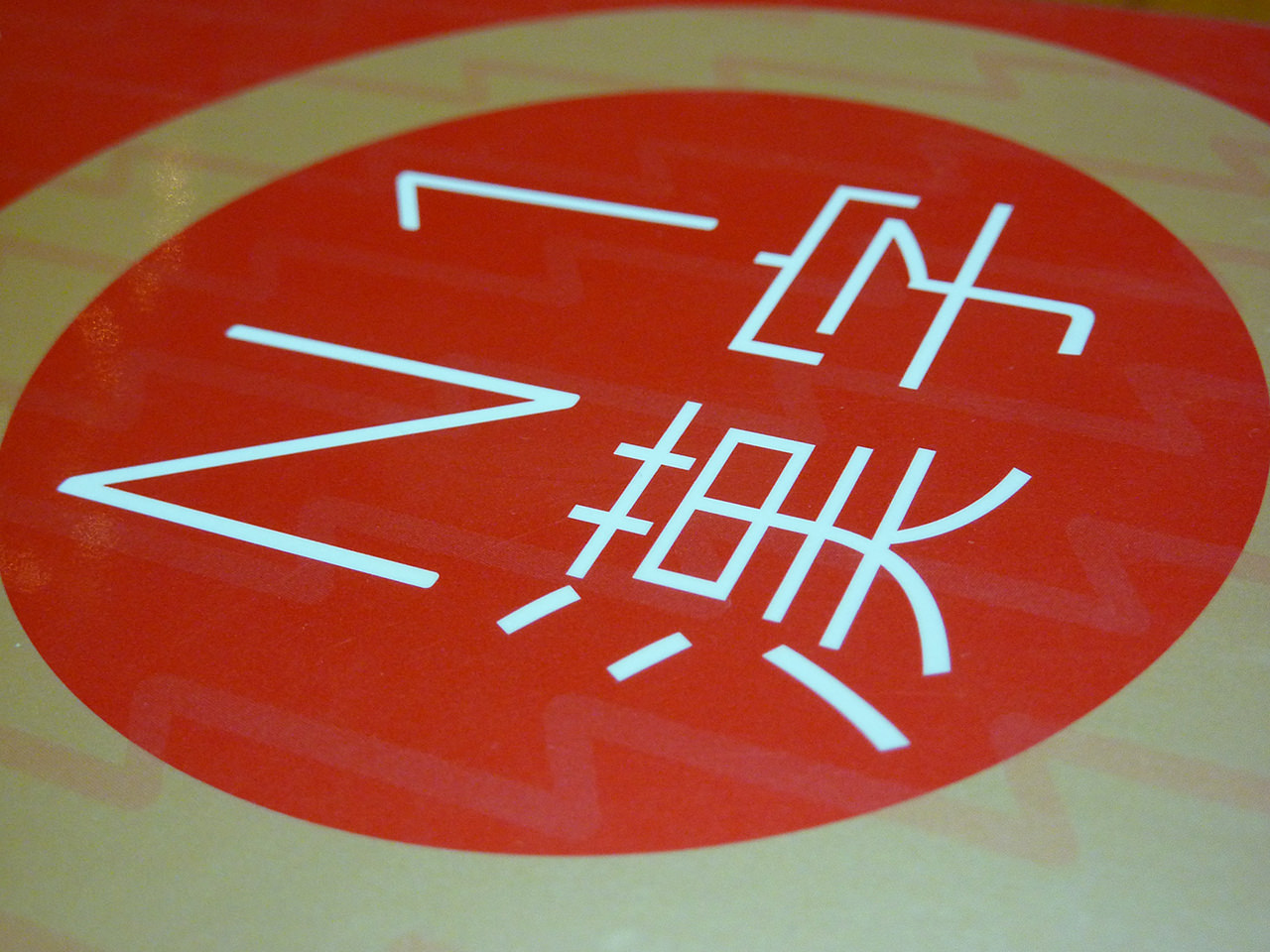How to Study Japanese 3: with Manga & Dramas!
2017.01.23

Ms. Chonlada Charoenviriyakul is currently on the second year of her PhD studies at Kyoto University, where she also received her Masters. A recipient of the MEXT scholarship, she is currently studying in the Graduate School of Pharmaceutical Sciences.
Beginning to study Japanese
Q: What made you want to study Japanese?
A: In high school I loved the boy bands of Johnny’s entertainment! Tsubasa of Tackey & Tsubasa (a pop idol duo) was my favorite.
I started learning Japanese by remembering the lyrics of their songs and watching videos of their appearances on TV shows in Japan. They had concerts in Thailand, too, so of course I had to go—twice!
I think it’s a lot easier to motivate yourself to study if you can use a hobby, or something you’re interested in as a study tool.
Manga and anime are good options, too, I think. I’m a fan of the Shingeki no Kyojin manga, and I love the anime Evangelion. Recently, I’ve been into anime films like The Girl Who Leapt Through Time, The Boy and the Beast, and Your Name.
Q: In high school and university, did you study Japanese by yourself?
A: In Thailand there are a lot of Japanese language schools, so I started attending one as a sort of extracurricular activity. Recently I’ve seen more and more of these types of schools. Japanese is a pretty popular language in Thailand, and I think a lot of it has to do with the number of Japanese companies with offices there. Speaking Japanese is a valuable skill, and it also means a higher salary. Japanese is especially helpful in engineering positions. Of course, there are people who begin studying Japanese simply because they’re fans of manga and anime, too!
My best study methods
Q: What did you use for study materials?
A: When I was just beginning to study Japanese at the language school, I used textbooks made by the Japan Foundation. When I got to the intermediate level, I started to use worksheets made by the teacher, and textbooks meant to help with studying for the JLPT (Japanese Language Proficiency Test).
I’ve started to notice more Japanese textbooks in bookstores around Thailand recently, as more and more of them are translated into Thai. It’s a great time to be studying Japanese. There’s a lot of information out there, so I don’t think it’s that difficult to get yourself to N2 or N1 level.
Japanese TV dramas can be another great way to study. I started watching them with Thai subtitles at first, but once I’d studied some Japanese, I began watching dramas with Japanese subtitles instead—mostly romances, because the plotlines and conversations were easy to understand. I didn’t understand everything right away, but I was able to get the jist of the story, and that gave me a lot of confidence. As my language skills got better, I started watching shows without any subtitles at all.
I recommend your typical love story-type drama if you want to practice your Japanese. Even if you don’t understand all of the words, you can tell who likes whom by people’s expressions. Crime dramas are a lot harder to understand, so I recommend comedy shows, lighter things for beginners.
If you’re going to watch with subtitles, I think it’s a good idea to use Japanese subtitles. When I watched shows with Thai subtitles, it was hard for me to focus on listening to the Japanese, because it’s so easy to rely only on the subtitles in your native language.
Q: Are there any apps you’d recommend for Japanese studiers?
A: I like the dictionary app “imiwa,” because it has example sentences for each word. When words or characters have multiple readings, it even tells you whether the reading originates from Japanese or Chinese (i.e. onyomi or kunyomi). I also use J-doradic and JTDict often, because they’re both Japanese-Thai dictionaries.












